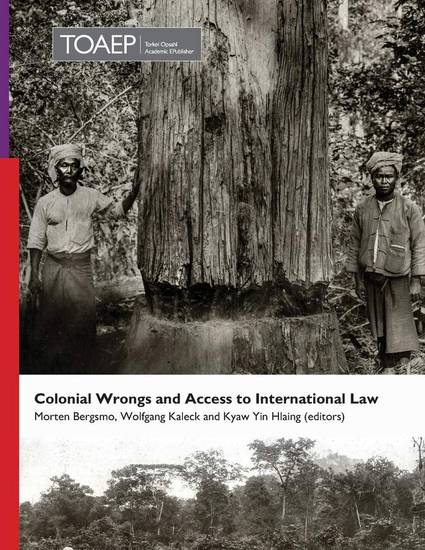
Contribution to Book
Winds of Justice: Post-Colonial Opportunism and the Rise of the Khmer Rouge
Colonial Wrongs and Access to International Law
(2020)
Abstract
This Chapter argues that the ECCC has failed to exhibit the complex and nuanced thinking necessary for the attribution responsibility for the atrocities wrought by the Khmer Rouge to be labelled as 'justice'. The U.S. and China both played opportunistic and instrumental roles in the Khmer Rouge's rise. And by the ECCC’s genesis in 2006, intervening decades of memory manipulation, and evidentiary damage both political and collateral, produced a situation in which, for example, evidence of past archival manipulation or present corruption at the Court is clearer and more reliable than the evidence of direct ‘orders’ or ‘commands’ found in the archives. 'Justice' need not take the form of adversarial judgment resulting in criminal conviction.
Keywords
- ECCC,
- Khmer Rouge,
- Access to International Law,
- Colonialism,
- TWAIL,
- Colonial Wrongs and International Law,
- Temporal Jurisdiction,
- ICL,
- International Criminal Law,
- Justice,
- Relativism
Disciplines
Publication Date
2020
Editor
Morten Bergsmo, Wolfgang Kaleck, and Kyaw Yin Hlaing
Citation Information
Kevin Crow. "Winds of Justice: Post-Colonial Opportunism and the Rise of the Khmer Rouge" Colonial Wrongs and Access to International Law (2020) Available at: http://works.bepress.com/kevin_crow/23/
